China in IOR: ‘peaceful rise’ no more
China has expanded its presence in the Indian Ocean Region. President Xi Jinping has abandoned Deng Xiaoping’s conciliatory posture for an aggressive, money-fuelled search for super power status
 Courtesy: Western Naval Command
Courtesy: Western Naval Command
China has expanded its presence in the Indian Ocean Region. President Xi Jinping has abandoned Deng Xiaoping’s conciliatory posture for an aggressive, money-fuelled search for super power status
 Courtesy: Flickr
Courtesy: Flickr
Prime Minister Modi’s visit to Myanmar gave the bilateral a substantive boost, but the exodus of over half a million Rohingya refugees dominated the discourse. India’s response has shown a balancing of compulsions, both humanitarian and strategic
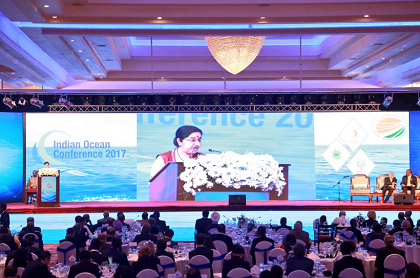 Courtesy: MEA/ Twitter
Courtesy: MEA/ Twitter
India must deepen its involvement with countries of the Indian Ocean Region on issues of security, commerce, and connectivity: this was the upshot of the second Indian Ocean Conference, held by the India Foundation in Colombo two weeks ago
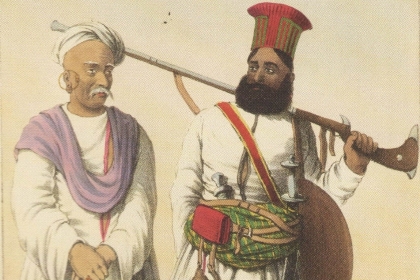 Courtesy: Archive.org
Courtesy: Archive.org
Many of the Hindu Sindhi refugees who fled to India post Partition succeeded in rebuilding their lives afresh, their native entrepreneurial spirit enabling them to rise up from the destitution that displacement caused. Ulhasnagar, Thane district, which was a refugee camp 70 years ago, is a microcosm of how the community rehabilitated itself--with the help of a well dispersed and generous Sindhi trading network
 Courtesy: Live Mint
Courtesy: Live Mint
The 70th Independence Day for India and Pakistan – August 15 and 14 respectively – is a reminder of how Partition displaced 15 million people, causing untold hardship. What is less known is that the cities of Karachi and Bombay have had a shared colonial history and economy: the parting of ways left one bereft of a host of spirited citizens, who went on to rebuild their lives in the other
In this special episode, Professor M.D. Nalapat joins us to discuss the current border stand-off between India and China, sharing a unique glimpse into the policy psyche of India, China and the United States.
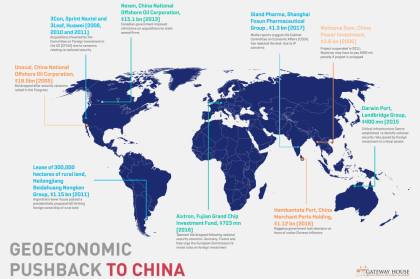 Courtesy: Gateway House
Courtesy: Gateway House
The Indian government may block the acquisition of Gland Pharma by Shanghai Fosun Pharmaceuticals, a move that offers further confirmation of how China’s opaque business model is causing concern worldwide. This infographic shows some high-profile cases of acquisitions by Chinese companies that ran into local opposition
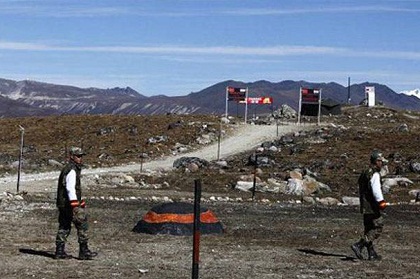 Courtesy: India Today
Courtesy: India Today
The origin of current India-China hostilities in Bhutan harks back to a colonial era agreement framed in 1890 between the British and the Qing empire on issues related to Tibet and Sikkim. The present standoff is an occasion to revisit many aspects of a relationship that has shown perennial strain
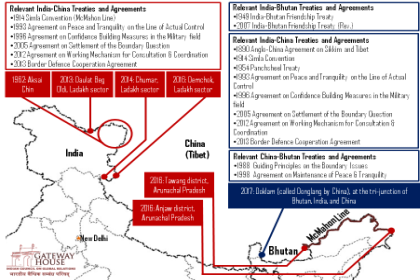 Courtesy: Google Maps
Courtesy: Google Maps
Since mid-June, India and China have been locked in an intense stand-off in the Doklam plateau, at the tri-junction of Bhutan, India, and China. Gateway House chronicles previous border incursions and transgressions by China into India’s territory and mentions relevant treaties and agreements
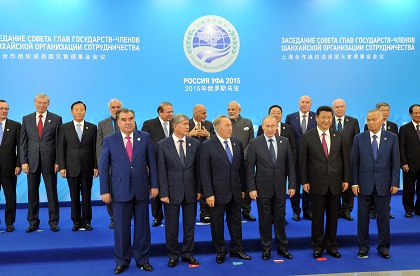 Courtesy: MEA/Flickr
Courtesy: MEA/Flickr
The 17th Summit of the Shanghai Cooperation Organisation is being held in Astana this week at which Prime Ministers Narendra Modi and Nawaz Sharif will be present. But no meeting is likely to take place between them--and even if it does, it will not advance peace between the two countries